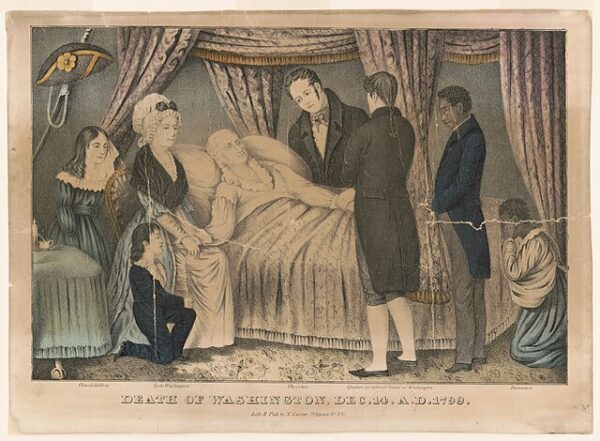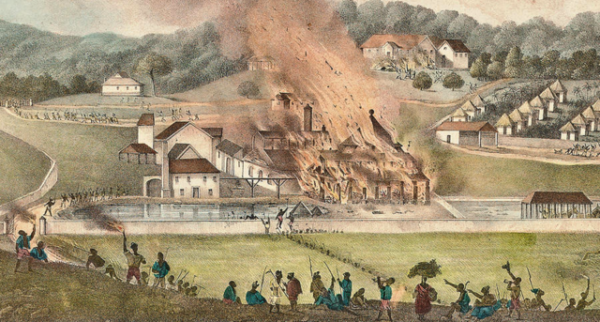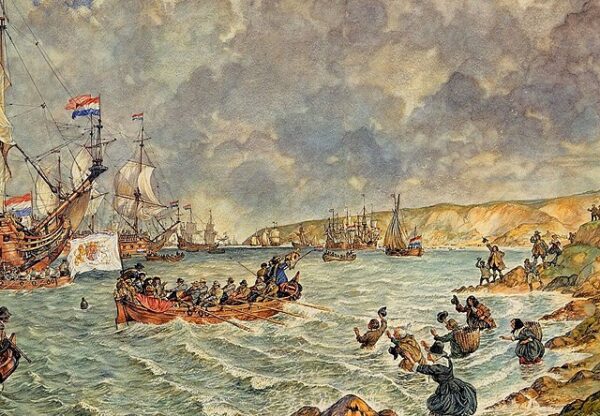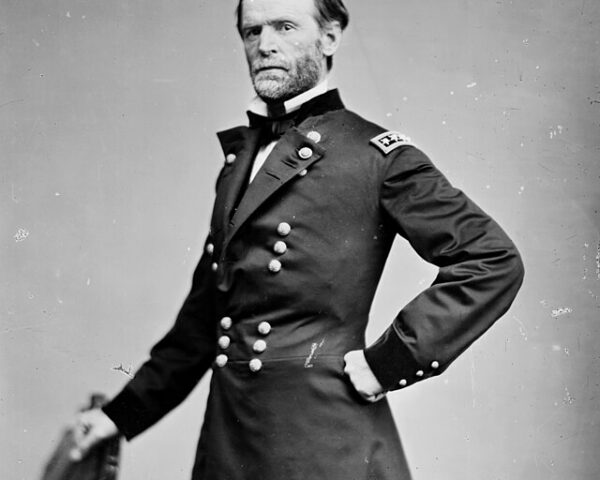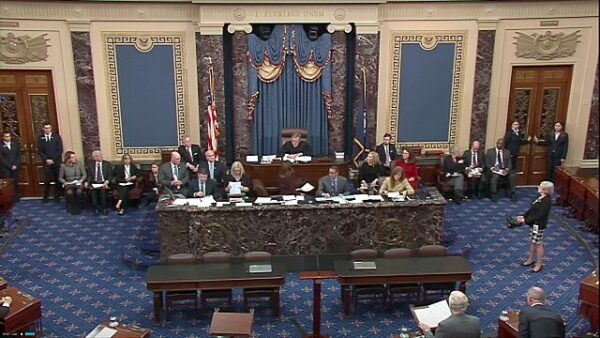On December 27, 1845, in the small town of Jefferson, Georgia, a quiet medical experiment unfolded that would permanently alter the experience of human suffering. On that day, Dr. Crawford Long administered ether anesthesia during childbirth for the first time, extending a technique he…
Read MoreOn December 26, 1799, just ten days after the death of George Washington, the United States Congress convened in solemn session to honor the man whose life had become inseparable from the nation’s founding. It was there that Henry Lee III—Revolutionary War cavalry commander,…
Read MoreOn December 25, 1831, as plantation owners across Jamaica gathered to celebrate Christmas, thousands of enslaved men and women quietly set in motion one of the most consequential uprisings in the history of Atlantic slavery. What became known as the Great Jamaican Slave Revolt—or…
Read MoreIn the early hours of December 24, 1914, amid the frozen mud and shattered landscapes of the Western Front, an extraordinary pause descended upon the bloodiest conflict Europe had ever known. World War I, only five months old, had already hardened into a war…
Read MoreOn December 23, 1688, James II of England fled England for France, bringing to a close one of the most decisive constitutional crises in English history. His flight—effectively an abdication—marked the culmination of the Glorious Revolution, a political upheaval that replaced a reigning monarch…
Read MoreOn December 22, 1864, one of the most consequential campaigns of the American Civil War reached its dramatic conclusion when Savannah, Georgia, fell to Union forces under the command of William Tecumseh Sherman. Days later, Sherman sent a succinct but unforgettable message to Abraham…
Read MoreOn December 21, 1826, a small group of American settlers in Nacogdoches, then part of Mexican Texas, issued a bold declaration of independence from Mexico. Their action marked the opening act of the Fredonian Rebellion, an ill-fated but historically significant uprising that foreshadowed the…
Read MoreOn December 20, 1803, in a modest ceremony in New Orleans, American officials formally took possession of the Louisiana Territory, completing what would become one of the most consequential land transfers in world history: the Louisiana Purchase. With that act, the United States doubled…
Read MoreOn December 19, 1606, three small ships slipped their moorings in England and headed west into the Atlantic, carrying with them an experiment whose consequences would reshape world history. The Susan Constant, the Godspeed, and the Discovery departed under the authority of the Virginia…
Read MoreOn December 18, 2019, the United States House of Representatives voted to impeach President Donald J. Trump, marking only the third time in American history that a sitting president had been formally charged with “high crimes and misdemeanors.” The vote followed a bitter, fast-moving…
Read More


